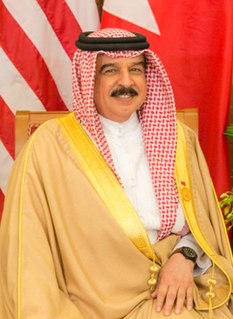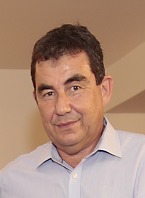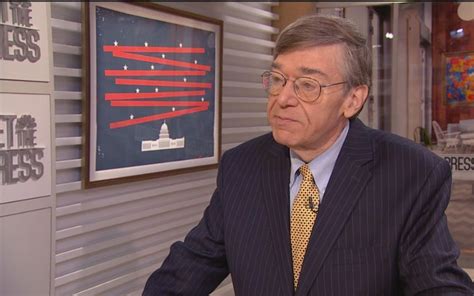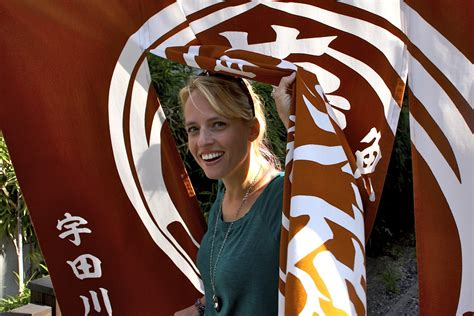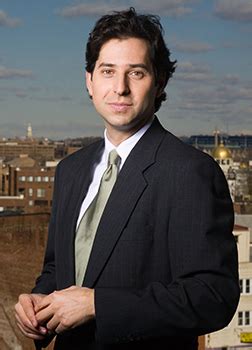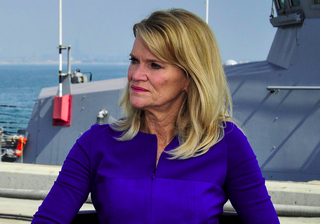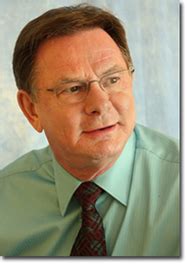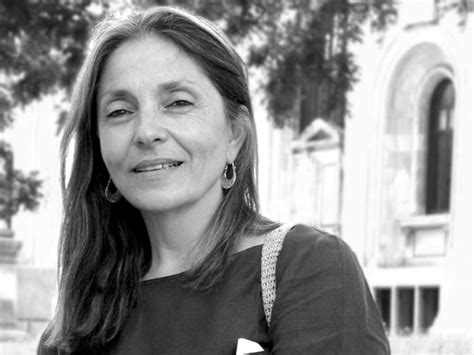A Quote by Libby Copeland
There is a divide in our culture between people who want to see evidence of a politi?ian's knowledge and worldliness, and people for whom "git 'er done" actions, as you put it, provide tangible proof of the ability to lead. I don't know how developed that idea is.
Related Quotes
Sectarian divide has created a schism in our society that is a major challenge. As monarch of all Bahrainis, it pains me to see many harmed by the actions of a few. And yet I am optimistic and have faith in our people. We all realize that now is the time to strike a balance between stability and gradual reform.
The purpose of the present study is not as it is in other inquiries, the attainment of knowledge, we are not conducting this inquiry in order to know what virtue is, but in order to become good, else there would be no advantage in studying it. For that reason, it becomes necessary to examine the problem of our actions and to ask how they are to be performed. For as we have said, the actions determine what kind of characteristics are developed.
Our conduct has a direct influence on how people think about the gospel. The world doesn't judge us by our theology; the world judges us by our behavior. People don't necessarily want to know what we believe about the Bible. They want to see if what we believe makes a difference in our lives. Our actions either bring glory to God or misrepresent His truth.
Everything in the world we want to do or get done, we must do with and through people. Every dollar we will ever earn must come from people. The person we love, and with whom we want to spend the rest of our life, is a human being with whom we must interact. Our children are individuals, each different from any other person who ever lived. And what affects them most is our attitude-the loving kindness they see and feel whenever we are around them. If you'll begin to develop and maintain an attitude that says yes to life and the world, you'll be astonished at the changes you'll see.
It's very important to distinguish between what most people in the West think about knowledge, and what the Indian concept of knowledge is. In the West the knowledge is something that is tangible, is material, it is something that can be transferred easily, can be bought and sold; or as in India real knowledge is something that is a living being - is a Vidya.
People's conceptions about themselves and the nature of things are developed and verified through four different processes: direct experience of the effects produced by their actions, vicarious experience of the effects produced by somebody else's actions, judgments voiced by others, and derivation of further knowledge from what they already know by using rules of inference
In the chapter on study we considered the importance of observing ourselves to see how often our speech is a frantic attempt to explain and justify our actions. Having seen this in ourselves, let's experiment with doing deeds without any words of explanation whatever. We note our sense of fear that people will misunderstand why we have done what we have done. We seek to allow God to be our justifier.
Chauvet Cave is rather like the awakening of the modern human soul or I would say the awakening of modern human culture. Because Neanderthal men who still rode the landscape parallel to the people who did these paintings didn't have culture. There's no evidence of culture, no symbolic depiction, no evidence of music, no evidence of sculptures, no evidence of religious beliefs.



